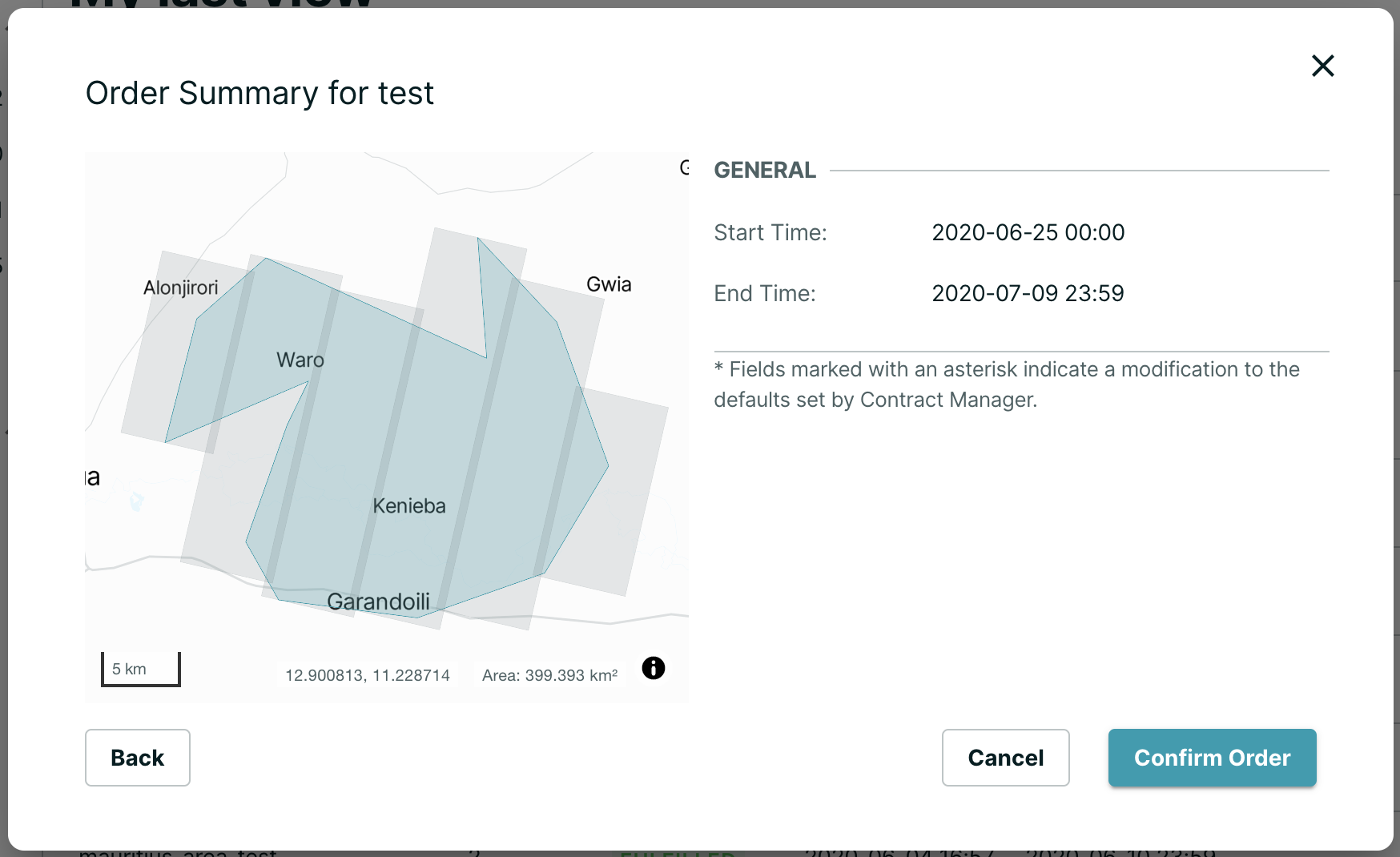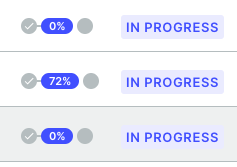May 29 2020
Data API supports a new filter option: UpdateFilter. This filter can be used to filter items by changes to a specified metadata field value made after a specified date. It allows users to identify items which may have been republished with quality improvements or fixes, enabling them to keep internal catalogs up-to-date and make more informed redownload decisions. You can read more on this filter type here: https://developers.planet.com/docs/data/searches-filtering/#updatefilter
May 20, 2020
New (ish) ✨¶
- Orders v2 is now the sole provider of orders in Explorer for all users.
- As announced last week, only those users that are part of the Beta Clipping + Raster Ops Program will have the ability to clip via the UI. For help with this please reach out in #product-support as it is not managed by Explorer.
Deprecation ☠️¶
- With the release of Orders v2 in Explorer comes the deprecation of the Orders v0 UI
- All orders previously made with orders v0 can be accessed via the account page for download and/or the API
May 19, 2020
Planet is improving its algorithm for calculating Surface Reflectance in PlanetScope and RapidEye products. Planet is also now producing analytic_sr assets under the existing PSOrthoTile and REOrthoTile item types.
The new Surface Reflectance algorithm should help reduce scene-to-scene difference due to rapidly varying atmospheric conditions. Reference the updated white paper on the support page: https://support.planet.com/hc/en-us/articles/360012629573-Planet-Surface-Reflectance-Product
The new analytic_sr assets are available under the existing PSOrthoTile and REOrthoTile items listed in the Dev Center: https://developers.planet.com/docs/data/items-assets/
May 19 2020
-
Validation on allowed geometries when submitting a GeoJSON file is now enabled. For example, multipolygons or 3D objects are not supported.
-
Visualising area orders are now automatically tessellated and displayed on order creation:

